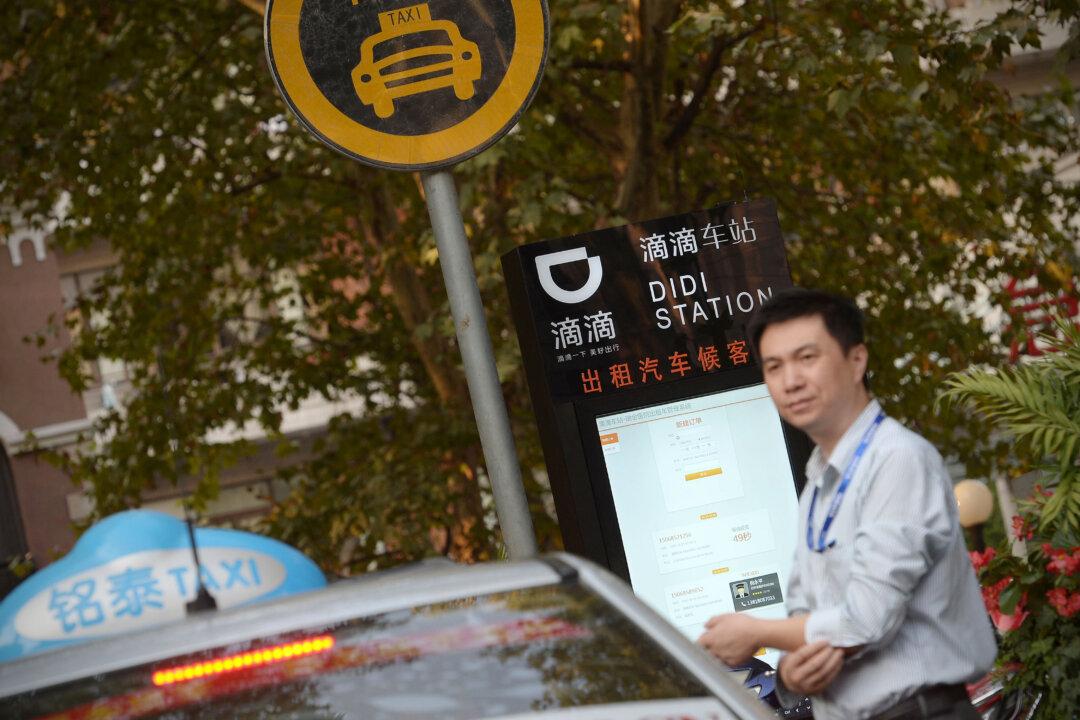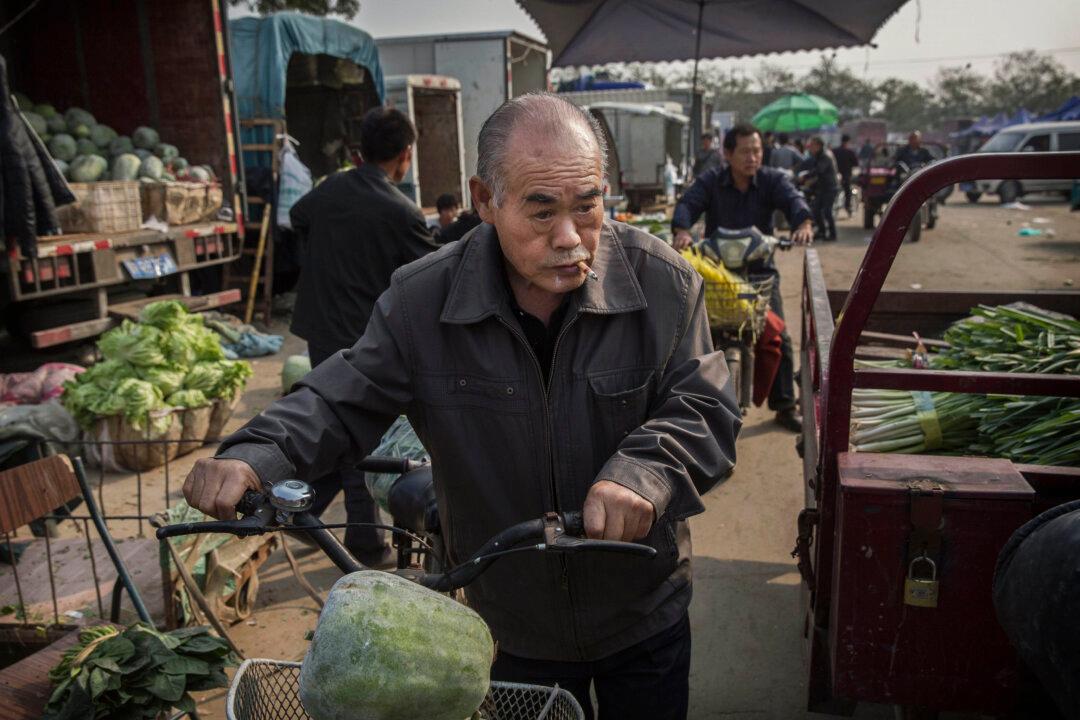On the surface, Apple’s $1 billion investment in Chinese ride-sharing company Didi Chuxing makes little sense.
Apple typically doesn’t invest in startup companies, preferring to develop its own products. The investment also differs from past tie-ups such as Beats Electronics—Apple seemingly has no direct interest in ride-sharing.
The company’s $1 billion investment—inconsequential compared to its $230 billion cash balance—isn’t about Didi, it’s about Apple’s own future. As doubts about global growth of the iPhone emerge, this investment reveals much about the direction Chief Executive Tim Cook is looking to take the company.
Appeasing China
As China’s leading ride-sharing company, Didi Chuxing (formerly known as Didi Kuaidi) is already crushing its main rival Uber China. Didi last year raised $4 billion in secured funding and is currently valued at $15 billion. Uber China is valued much less, at about $8 billion following a $1.2 billion funding round earlier this year. Leading Chinese Internet giants Alibaba Group Holding Ltd. and Tencent Holdings Ltd. are both investors in Didi.
While third-party data is scarce, Didi claims 11 million rides per day in China compared to Uber China’s 1 million rides, giving the company a derived 90 percent market share in ride-sharing.
Put differently, Didi doesn’t need Apple’s money.
Apple’s gambit is about keeping its foothold in China and staying relevant.
Thanks to the popularity of iPhone, China has become Apple’s second-biggest market after the United States, generating almost 25 percent of top-line revenue.
But that position is eroding as Chinese demand for the iPhone shrinks. After double- and triple-digit annual growths during the last five years, sales of smartphones grew just 2 percent in 2015.
Apple has long prepared for this, however, by pushing lucrative media services such as Apple Music, Apple TV, and its iTunes Store. Hundreds of millions of iPhones, iPads, and Mac computers are out there—the logical next step is to take a strategy from Amazon.com’s playbook and push digital media consumption.





